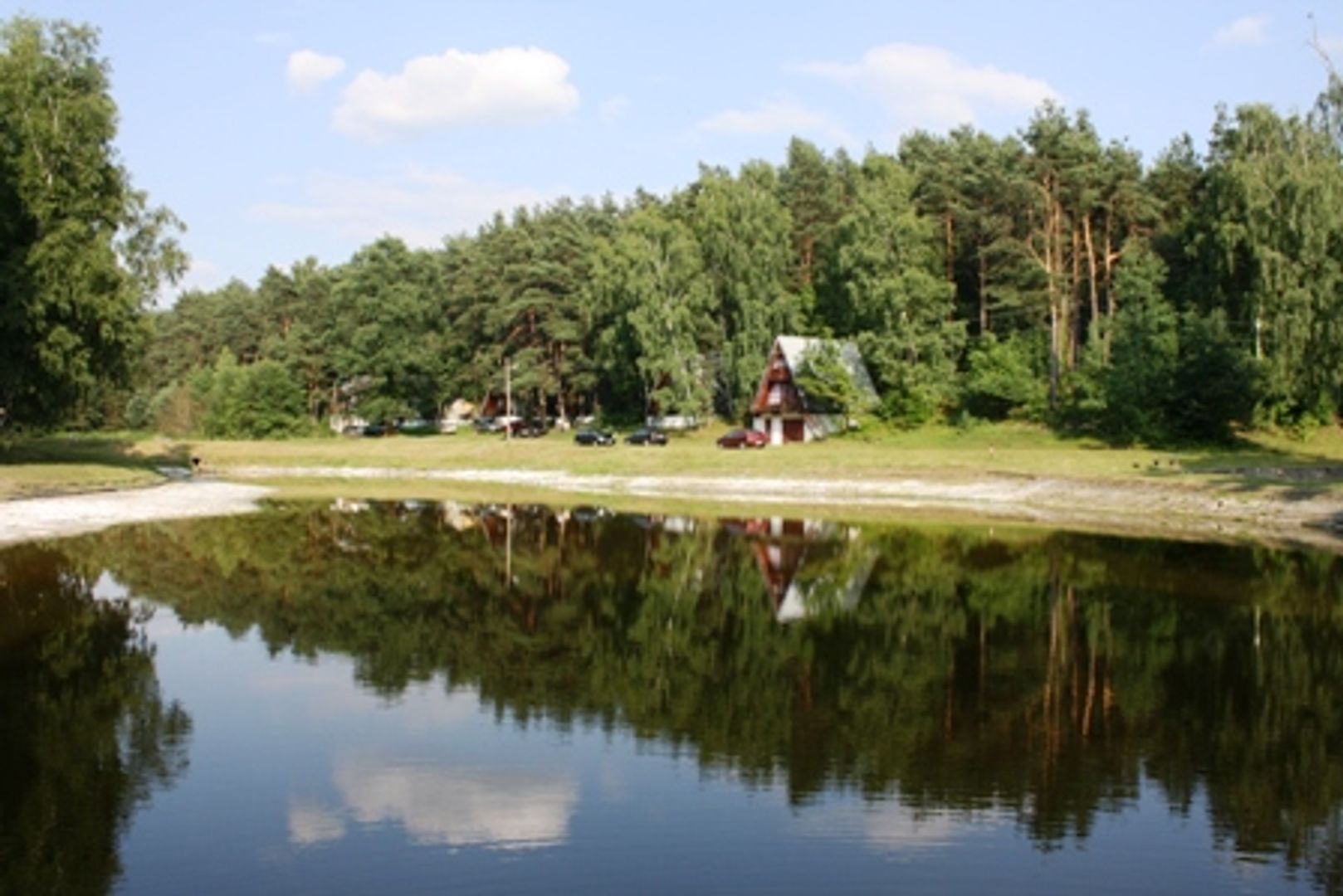Stoczek Łukowski
6.26

Overview
Stoczek Łukowski is a small town in the Lublin Voivodeship, situated on the Świder River, covering an area of 9.15 km² with a population of approximately 2,500. The town boasts a rich history dating back to the 13th century, when the first mentions of a settlement in the Czersk Land appeared. In 1546, Stoczek Łukowski was granted town rights, and over the centuries, it underwent various administrative changes, including periods under Austrian partition and the Duchy of Warsaw. Historically, the town witnessed significant events, such as the 1831 battle during the November Uprising and active support for insurgents during the January Uprising, which unfortunately led to repressions, including the loss of town rights in 1867. In the 20th century, Stoczek Łukowski suffered the tragedies of World War II, including the establishment of a ghetto for the Jewish population and the destruction of the town. Architecturally, it stands out with its neo-Gothic parish church of the Assumption of the Blessed Virgin Mary, consecrated in 1934, as well as several monuments commemorating important historical figures and events, including a monument to General Józef Dwernicki and a monument to the victims of World War II. The town also serves as a service center with local industrial and tourist traditions, surrounded by areas conducive to active recreation. Culturally, Stoczek Łukowski annually hosts the Gathering of Rural Theater Groups and the Nationwide Street Run "Grzmią pod Stoczkiem armaty" (Cannons Roar Near Stoczek), attracting sports and culture enthusiasts. Notable figures associated with the town include Aleksander Świętochowski, a writer and literary critic, and Adolf Piotr Szelążek, a bishop and candidate for beatification. Despite its small size, Stoczek Łukowski holds many historical and cultural values and traditions that form an integral part of the regional heritage.
Location
2026 Wizytor | All Rights Reserved